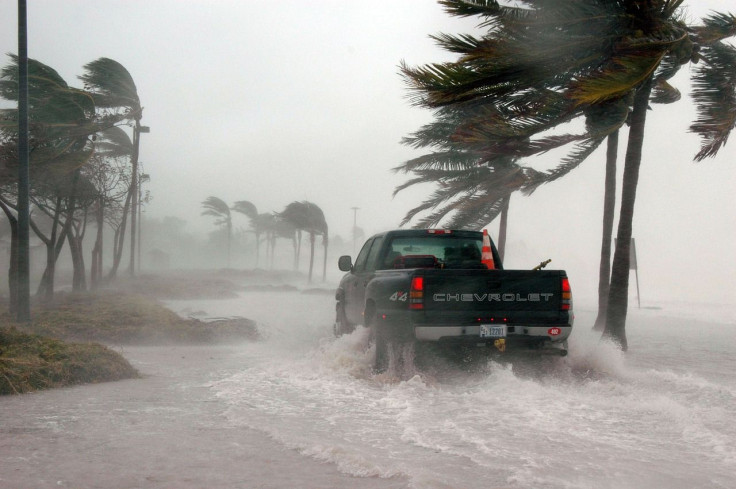Experts Urge Early Preparation For Possibly Busy Hurricane Season
KEY POINTS
- scientists are warning of the possibility of a busy hurricane season
- They recommend that people should make early preparations
- The Atlantic hurricane season is slated to begin on June 1
Scientists at the National Oceanic and Atmospheric Administration (NOAA) issued a warning Thursday that people should make early plans and prepare for emergencies that may arise during the hurricane season. This is despite the complications brought about by the current coronavirus pandemic.
Planning And Preparation
The Atlantic hurricane season is expected to begin June 1 and may end on or before Nov. 30. NOAA experts warned that the coronavirus pandemic may complicate the response of emergency teams during this time. They also said the hurricane season this year might be busier than usual as weather forecasters expect the coming months could become “extremely active” for hurricanes and tropical storms.
In a news briefing Thursday, NOAA Administrator Neil Jacobs emphasized the need for people to have a plan in place as early as today. He revealed that this season could be one of the most active in recent times.

A Busy Hurricane Season
NOAA predicts a 70% chance of the country experiencing 13 to 19 named storms with winds of around 39 miles per hour or more. Six to 10 of these storms could develop into hurricanes, with 74mph winds or higher. These can include three to six “major” hurricanes with winds of at least 111mph and can reach Category 3 or even higher.
According to NOAA, average seasons have 12 named storms, six of which can become hurricanes, with three of them classified as Category 3 or higher. NOAA Climate Prediction Center lead hurricane season forecaster Gerry Bell, said, “The 2020 Atlantic hurricane season is expected to be a busy one.”
Active Conditions
Conditions in the Atlantic are already very active. NOAA revealed that this is the sixth year that a named storm developed before the official start of the hurricane season. Tropical Storm Arthur reportedly formed over the weekend and was seen May 18 approaching the Outer Banks of North Carolina but quickly dissipated sooner than expected.
NOAA scientists said that while pre-season storms have become more common, these weather activities do not necessarily foretell what to expect in the next months. Bell noted that various factors influence NOAA’s above-average forecast. Among these factors are the warmer-than-usual sea surface temperatures in the Caribbean Sea and the Atlantic Ocean.
© Copyright IBTimes 2024. All rights reserved.





















